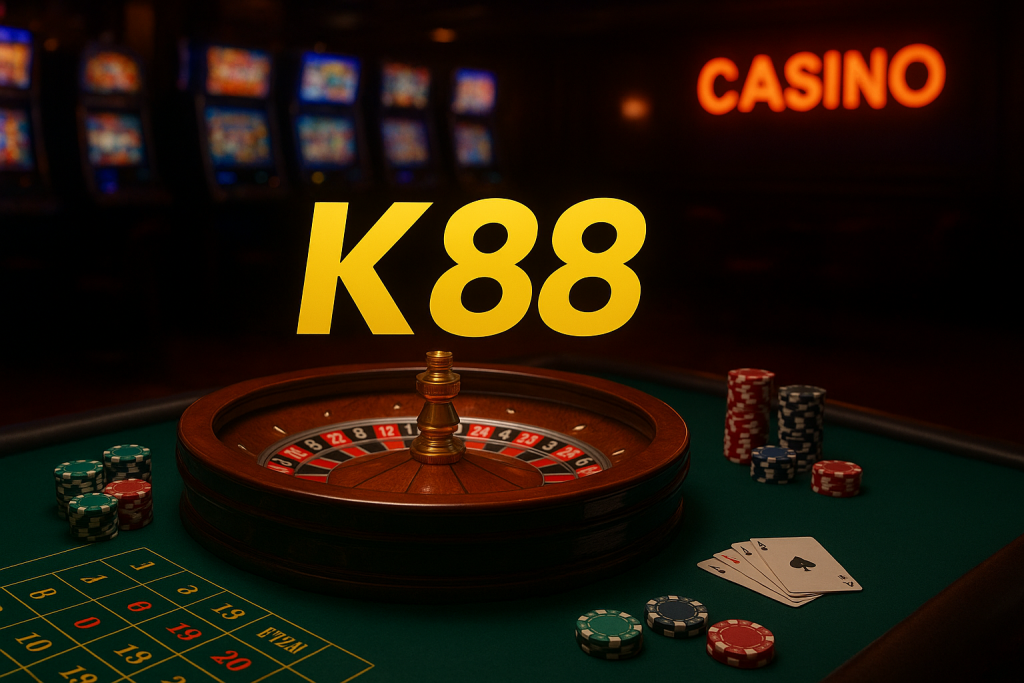
Among all casino games, poker holds a unique place. Unlike slots or roulette, where outcomes are largely dictated by chance, poker combines luck with deep strategy, psychology, and skill. This balance has made it one of the most respected and widely played card games in the world. From high-stakes tournaments in Las Vegas to casual games online, poker attracts players who thrive on competition and intellect.
The Basics of Poker
At its core, poker is a game where players compete to build the strongest hand or bluff their way to victory. There are numerous variations of the game, including Texas Hold’em, Omaha, Seven-Card Stud, and more.
In Texas Hold’em—the most popular format—each player receives two private cards and shares five community cards with others. The goal is to make the best five-card hand possible or convince opponents to fold. Success depends on both the strength of one’s cards and the ability to outwit opponents.
Skill vs. Luck
Poker is not purely a game of chance. While luck plays a role in the cards dealt, skillful players consistently outperform beginners over the long term. Successful poker requires knowledge of probability, psychology, and strategy.
For example, understanding pot odds, calculating risks, and reading opponents’ behavior can significantly influence outcomes. Bluffing is another key skill—knowing when to represent a strong hand even if your cards are weak can turn the tide of a game.
The Social and Psychological Side of Poker
Unlike many casino games, poker is deeply social. Players face off against one another rather than against the house. This creates a dynamic environment where body language, betting patterns, and emotional control all come into play.
Psychology is central to poker. Reading opponents, detecting bluffs, and managing one’s own emotions are crucial skills. Many professional players emphasize that poker is not just about the cards but about playing the people across the table.
Poker Tournaments and Culture
Poker’s competitive nature has made it a global phenomenon. Major tournaments such as the World Series of Poker (WSOP) and World Poker Tour (WPT) attract players from around the globe, with prize pools reaching millions of dollars.
Televised poker and online streaming platforms have further fueled its popularity, allowing fans to watch professionals showcase their strategies and mental toughness. For many players, poker is not just a game—it’s a lifestyle and a career path.
Online Poker and Accessibility
The rise of online casinos has made poker more accessible than ever. Players can now compete in real-time against opponents worldwide, ranging from casual games to professional-level tournaments.
Online poker platforms often feature training tools, freeroll tournaments, and beginner-friendly environments, making it easier for new players to learn the ropes. The availability of low-stakes tables ensures that players of all skill levels can participate without significant risk.
Responsible Play in Poker
While poker requires skill, it’s important to remember that it still involves risk. Even the best players can experience losing streaks due to the role of chance. Responsible bankroll management, self-discipline, and knowing when to walk away are essential practices for sustainable play.
Conclusion
Poker stands out in the casino world as a rare blend of chance, skill, and psychology. Its strategic depth, competitive nature, and global popularity make it one of the most captivating games ever created. For players eager to test their skills against others in both casual and competitive settings, K88 offers a trusted platform to experience the thrill of poker in all its forms.